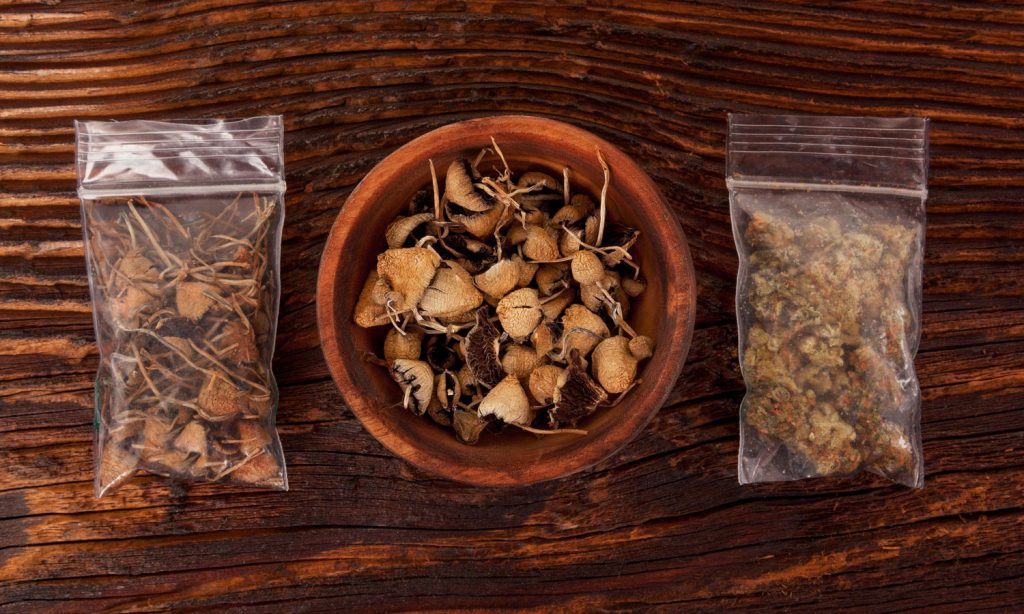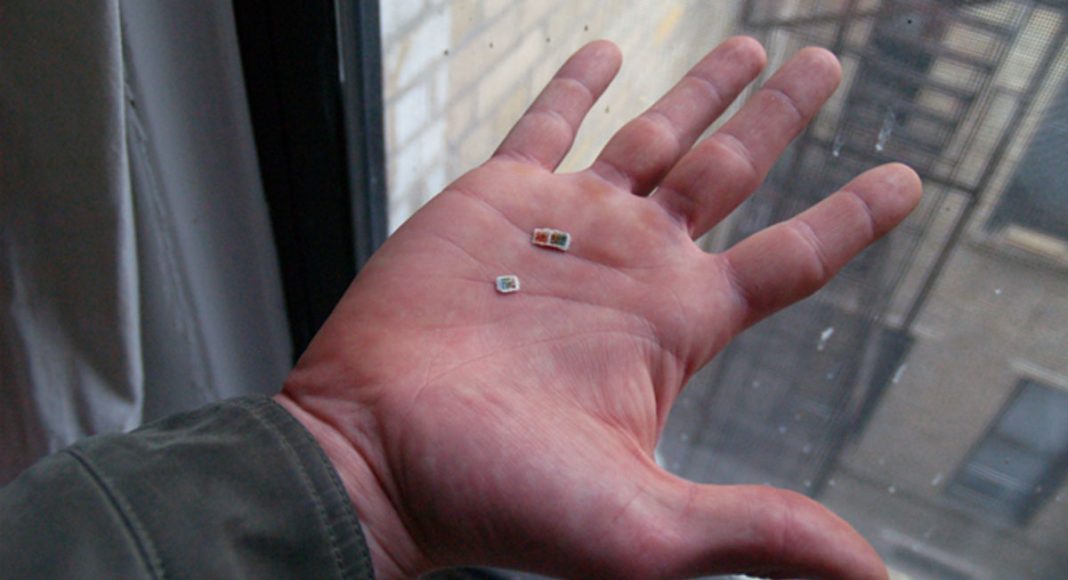New research indicates that psychedelics allow users to increase psychological flexibility, leading to drops in symptoms of anxiety and depression.
Recent studies have found that psychedelics could provide answers for multiple psychiatric disorders, with significant results in combatting treatment-resistant anxiety and depression. A systematic review of previous studies showed that administering psychedelics significantly reduced symptoms of anxiety and depression in all cases they analyzed.
For a long time, scientists didn’t totally understand how psychedelics caused these changes in mental health. However, preliminary research published in the Journal of Contextual Behavioral Science may give clues as to how psychedelics reshape brain behavior. It has to do with something called “psychological flexibility,” which the researchers described “as an essential set of processes that help people manage stressors and engage in adaptive behaviors that promote values-driven action.”
RELATED: Could Psychedelics Be What Brings Us Back To Nature?
According to the study, psychedelics increase psychological flexibility in individuals, explaining why psychedelics often allow for spiritual breakthroughs and renewed energy to life in users.
“Emerging evidence support the possibility that psychological flexibility is an important theory that could inform clinical practice with psychedelic assisted psychotherapy,” study author Alan K. Davis told PsyPost.

“We conducted this study to test the theory that psychedelics would increase a person’s psychological flexibility and that such changes would be associated with improvements in depression/anxiety.”
To test their theory, researchers created an online anonymous survey seeking those who had had a moderate to strong psychedelic experience. Of the 2,120 individuals who participated, 985 participants said their psychedelic experience — ranging from psilocybin mushrooms, LSD, or DMT — led to changes in their anxiety or depression.
RELATED: Sorry, But Science Doesn’t Favor Microdosing Psychedelics
Those that experienced meaningful psychological insight during psychedelic experiences, including the epiphany that current emotions were tied to previous life event, ultimately reported having increased psychological flexibility afterwards. That led to drops in users’ symptoms of depression and anxiety.
“Increases in psychological flexibility fully mediated the effect of mystical and insightful experiences on decreases in depression and anxiety following a psychedelic experience,” the study’s authors wrote. “This suggests that psychological flexibility may be an important mediator of the therapeutic effects of psychedelic drugs.”
Scientists stated their intention to further this research under laboratory settings to better understand their theory, as well as our knowledge of psychedelics.


